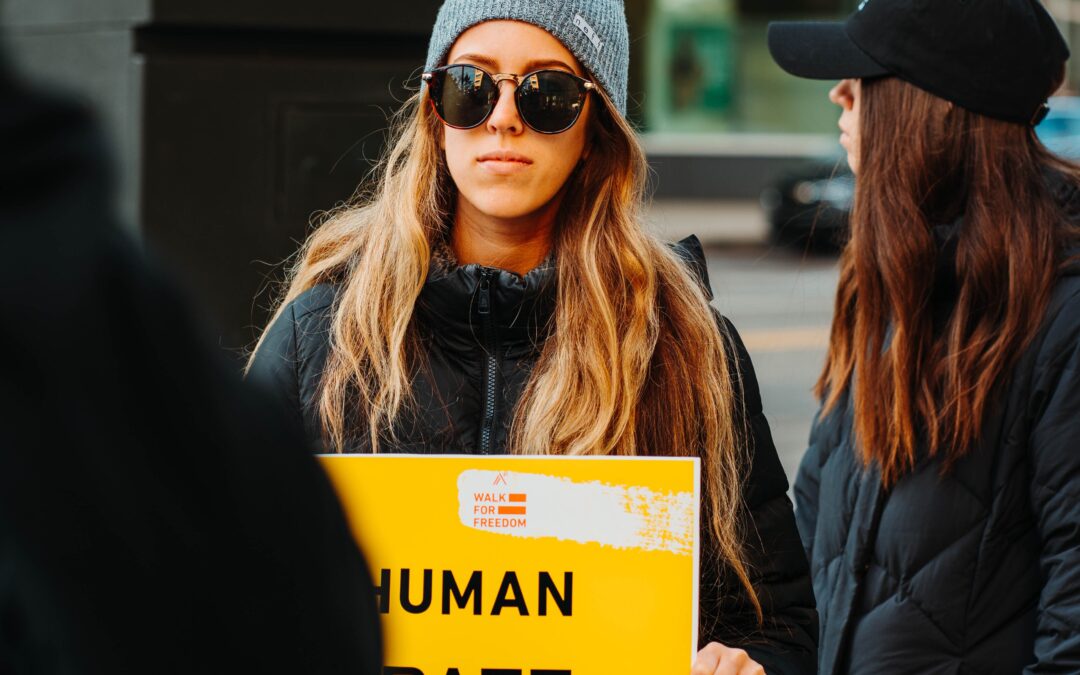Poverty is a rising crisis globally. Places like Sierra Leone suffer the harder end as they are ranked as one of the poorest countries in the world. The significant increase in poverty does not go unnoticed, leading to survival by any means, This can be selling drugs, theft, sex work etc. Women of low economic status are the target of this to an egregious degree due to the country’s poor gender inequality. With the Imprisonment for debt and, on some occasions, the death penalty. Many women who face the justice system are repressed and are seen more as perpetrators and less as victims. However, these women are more victims of a weak and frivolous justice system. The crisis raises concern about the security of these young women as building back life after imprisonment due to the social stigma of it can be quite difficult due to abandonment by families, being suppressed and rejected by their communities, and their personal belongings being sold. This causes a worry for their safety.
The traditional guardianship for families is disrupted as some young women live with other family members to be cared for, and unfortunately, these guardians will abuse their power through sexual harassment, beating and doing excessive tasks causing them to flee from these homes onto the streets, where they are vulnerable to then be kidnapped or abducted into being trafficked from ages as young as 13 or 14. This shows that there is a clear link between economic impoverishment and sexual exploitation, as many young women resort to sex work due to trauma and financial aid.
The issue of human trafficking in Sierra Leone is extremely disruptive and corrupt, mainly in the area of Freetown, which is the capital and largest city of the country. With peacekeeping forces sent out to deploy to prevent violence in the city, they instead create a false picture of ‘peace’. Considering their complicity in these activities as they are some of the highest paying clients for sex trafficking.
The UNAMSIL – (United Nations Mission in Sierra Leone) Peacekeepers are made up of the military and police who are expected to protect their citizens however, the number of human trafficking increases in areas of deployed troops. With Freetown being the main city for trafficking where women are moved through and to Guinea and Liberia, reports have only decreased due to women refraining from receiving help from public officials.
What remains unsaid, is whether the Sierra Leone government properly addresses the laws to protect women against sexual exploitation, which have not been given much attention, thus causing an increase in human trafficking today. The Prevention of Cruelty to Children Act is also almost invisible with the extremely high numbers of sexual exploitation of young women. This crisis raises questions of ‘Did the civil war have a big impact on the sexual and gender-based violence against women?’, ‘Why is the progress stagnant?’, and ‘Are the laws truly helping tackle the issue of rape culture?’
References
Pitillas, Carlos. Enhancing maternal sensitivity in contexts of urban extreme poverty in Sierra Leone: A pilot study. Infant Mental Health Journal Volume. Vol. 42, No. 6 (2021)
Smith, Charles Anthony: Smith, Heather M. International Political Science Review / Revue Internationale de science politique. Vol. 32, No. 2 (MARCH 2011), pp. 125-145 (21 pages)
Smith, C.A., Miller-de la Cuesta, B. Human Trafficking in Conflict Zones: The Role of Peacekeepers in the Formation of Networks. Hum Rights Rev 12, 287–299 (2011). https://doi-org.ezproxy.derby.ac.uk/10.1007/s12142-010-0181-8
Women, Gender, and Prison: National and Global Perspectives Vol. 39, No. 1, (Autumn 2013), pp. 243-264 (22 pages)

